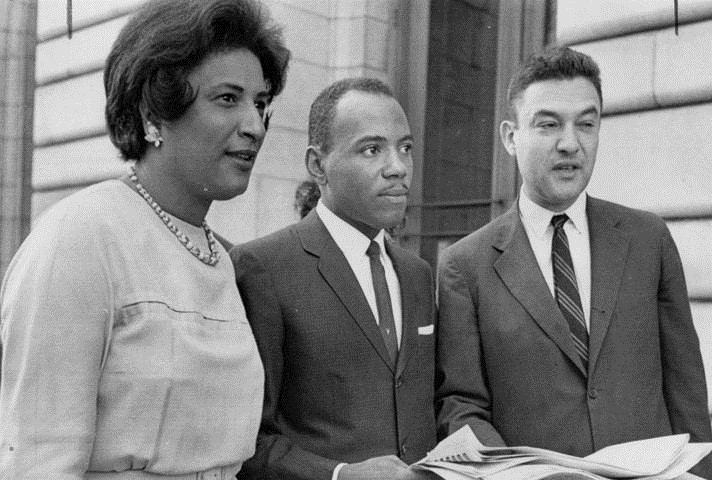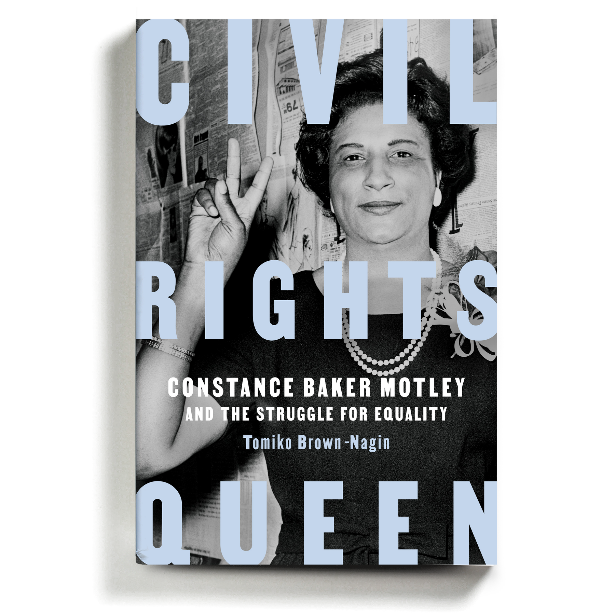Like many people during the early months of the pandemic, Ari, 21, lost her job in the summer of 2020. She’d been working at a casino in the U.K., but government shutdowns forced her employer to lay her off. “I had to get money somehow,” she says.
Ari, whose full name has been withheld to protect her privacy, had an account on OnlyFans, a direct-to-consumer content platform popularized by online sex workers that exploded in popularity during the pandemic. But she’d never really worked to promote her account, until after she was laid off. She’d started to grow a minor following, raking in about $3,000 per month. Then another creator on OnlyFans, a woman we’ll call Cora, messaged her. She’d just gotten a new manager, Nathan Johnson, who’d promised her she could one day earn nearly $100,000 per month; he’d just lost a model, and he needed a new one to take over her Instagram account.
Ari was intrigued. She was somewhat familiar with Johnson, a 21-year-old social media advertising wunderkind of sorts who on his website touts press coverage from the New York Times (in which he was quoted in a piece on spammy Instagram cash giveaway accounts), Business Insider, and Yahoo Finance. Johnson owned a model management company, NJAC LLC, and he was recruiting Ari via his Instagram account Enhancement, which has more than half a million followers on Instagram; in its bio, Enhancement promises to help earn creators $100,00 per month. Ari says Johnson also claimed to be partnered with Baddie, a popular Instagram page promoting OnlyFans creators. (When reached by Rolling Stone, Johnson declined to comment whether NJAC has any relationship with Baddie, though he said the two management companies shared employees at the time.)
Ari thought there were a few red flags — Johnson’s company didn’t have its own website, and she didn’t speak with him on the phone. But Cora, who’d been with Johnson for a month, seemed to be making a lot of money, and Ari was lured by Johnson’s promises of helping her grow her Instagram and OnlyFans following. “[Cora] said you really want to be famous,” Johnson wrote in WhatsApp messages provided to Rolling Stone. “And that’s perfect cause that’s what we make people.”
“Yessss I wanna be rich,” Ari responded.
“Well perfect cause I want to be rich too lol,” Johnson responded.
Ari signed with Johnson, and for a few months, she says, he appeared to deliver on his word, with Ari making $75,000 in the first month. Then she realized he wasn’t actually giving her insight on how to grow her page or what type of content to post; according to Ari, he was just advertising her content on Instagram meme pages. (In a conversation with Rolling Stone, Johnson disputed this: “of course we advised on strategy,” he says.) Plus, her earnings were dropping; one month, she says, she only made $10-$15,000 out of $50,000 of earnings. When she confronted Johnson about this, he said he was spending much of that money on ads, but when Ari asked for proof of how much he was spending, he refused to show her any invoices or documentation, citing company secrets. And according to texts provided to Rolling Stone, he also publicly posted sexually explicit content that she had intended to only sell privately, though he apologized promptly after doing so. Ari says Johnson also pressured her to produce more content, though Johnson denies this, providing text messages to Rolling Stone that he did give her time off when she requested it.
After Ari says she heard from another model that Johnson was not, in fact, partnered with Baddie, she’d had enough. “I realized he was taking too much from me and i felt it wasn’t worth it to continue carrying on,” she says. In February, she sent Johnson a WhatsApp message saying she wanted to terminate their contract. He responded by threatening to take legal action against her if she continued to post content on social media, referring to a sunset clause in the contract she’d signed. “All no competes and clauses of early termination will be applied, and appropriate action will be taken if they are not! Thanks for your time with NJAC,” he wrote in response, adding that Ari would also have to forfeit the previous 30 days’ worth of income.
Johnson tells Rolling Stone he only made such threats under pressure of a lawyer, and had no intention to enforce them. “I’m a reasonable person. I was like, ‘This is what the contract says,’ not, ‘this is what I want to do,’” he says. “She was being very emotional and not very respectful during that conversation.” He also says NJAC’s contracts no longer include sunset clauses or non-competes, though he declined to provide Rolling Stone with a copy of the updated contract.
After Ari left Johnson, she says, he continued to post as her under her Instagram and OnlyFans accounts and reselling explicit content she had already sold to her followers at a vastly reduced rate, leading to subscribers complaining about her scamming them. It was at this point that she hired attorney Anibal Luque to send a cease-and-desist to Johnson. When Johnson kept posting, Luque sent another one. (Johnson says he had agreed with Ari beforehand that he could post on the account for 30 days afterward, and stopped immediately after receiving the initial letter from her lawyer. He says he did not receive a follow-up letter because he was out of town at the time.)
In the months since she left Johnson, Ari says she’s heard from nearly half a dozen models who had similar experiences with him, including Cora, who also left after she alleges Johnson took 60-70 percent of her income. “Nathan was a very nice guy, until you didn’t comply with his agenda,” Cora says.
Read more from EJ Dickson at Rolling Stone
Like this:
Like Loading...
 Constance Baker Motley was not only the first Black woman to argue before the Supreme Court (winning an astonishing nine of 10 cases), but she was also the first black woman to be appointed to the federal judiciary – President Lyndon B. Johnson appointed her to the Southern District of New York.
Constance Baker Motley was not only the first Black woman to argue before the Supreme Court (winning an astonishing nine of 10 cases), but she was also the first black woman to be appointed to the federal judiciary – President Lyndon B. Johnson appointed her to the Southern District of New York. In her terrific new book on Motley’s life and legacy – called “Civil Rights Queen: Constance Baker Motley and the Struggle for Equality“- Harvard law professor Tomiko Brown-Nagin Poignantly describes Motley’s life from the time that she was born to a working-class family during the Great Depression, to her role as one of the principal strategists of the Civil Rights Movement and for her legal defense of Martin Luther King Jr., the Freedom Riders, and the Birmingham Children Marchers when she was a civil rights lawyer for the NAACP, to her service in the New York State Senate and as Manhattan Borough President, to her becoming the first Black woman serving in the federal judiciary.
In her terrific new book on Motley’s life and legacy – called “Civil Rights Queen: Constance Baker Motley and the Struggle for Equality“- Harvard law professor Tomiko Brown-Nagin Poignantly describes Motley’s life from the time that she was born to a working-class family during the Great Depression, to her role as one of the principal strategists of the Civil Rights Movement and for her legal defense of Martin Luther King Jr., the Freedom Riders, and the Birmingham Children Marchers when she was a civil rights lawyer for the NAACP, to her service in the New York State Senate and as Manhattan Borough President, to her becoming the first Black woman serving in the federal judiciary.


